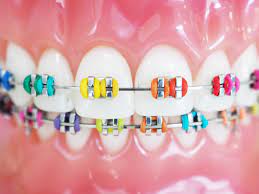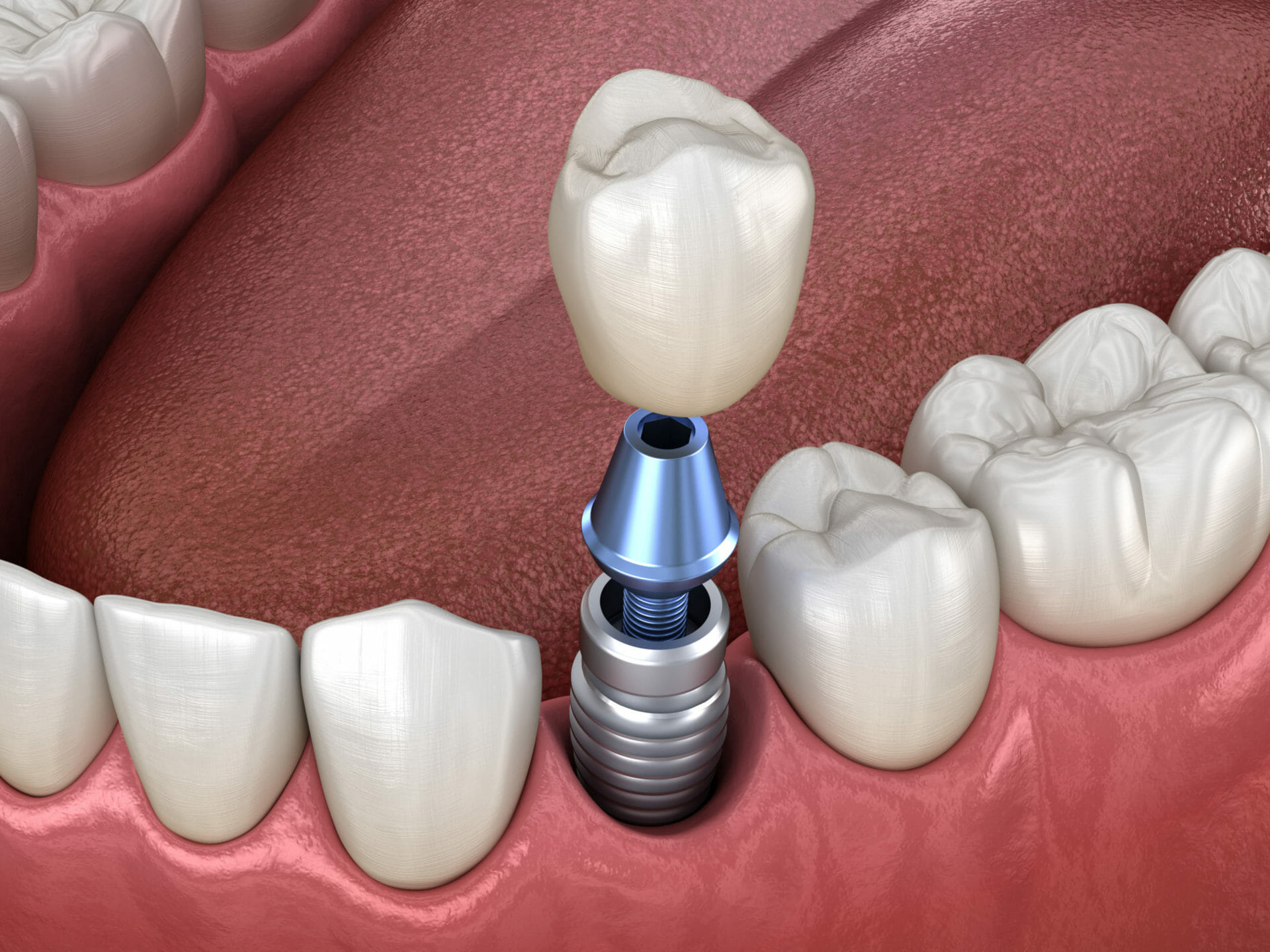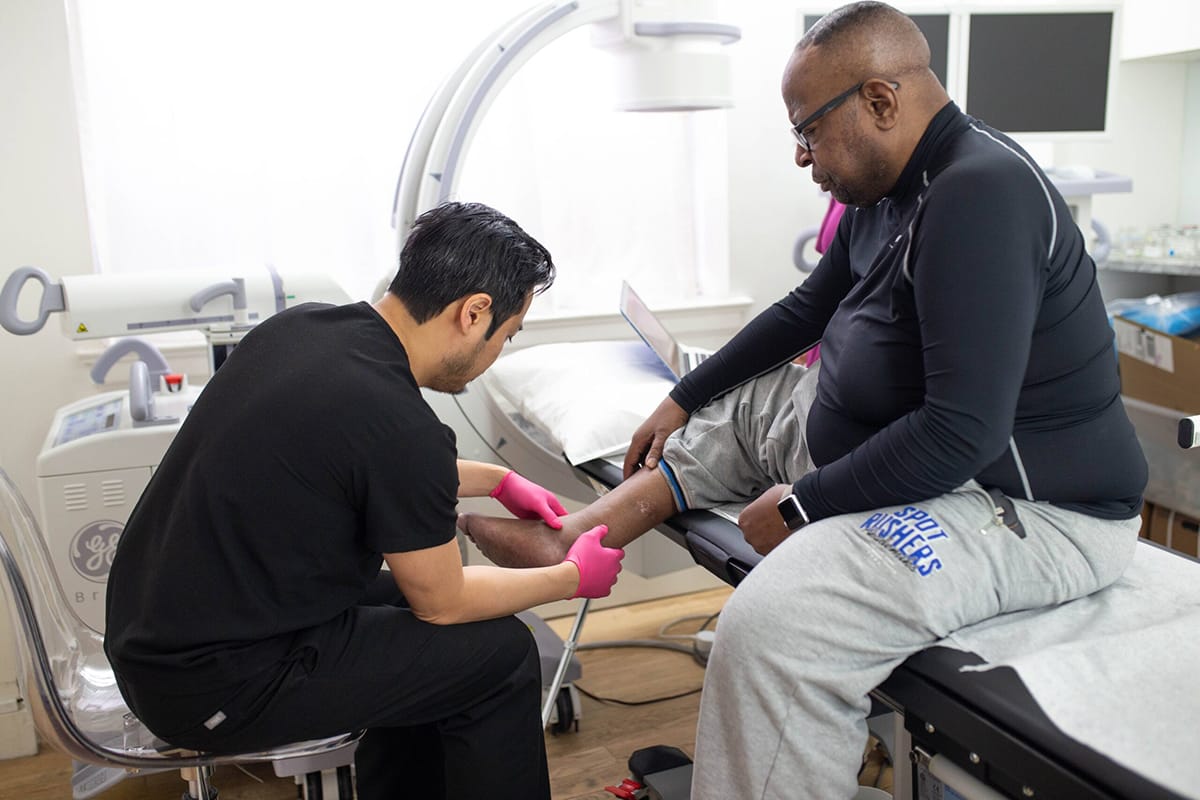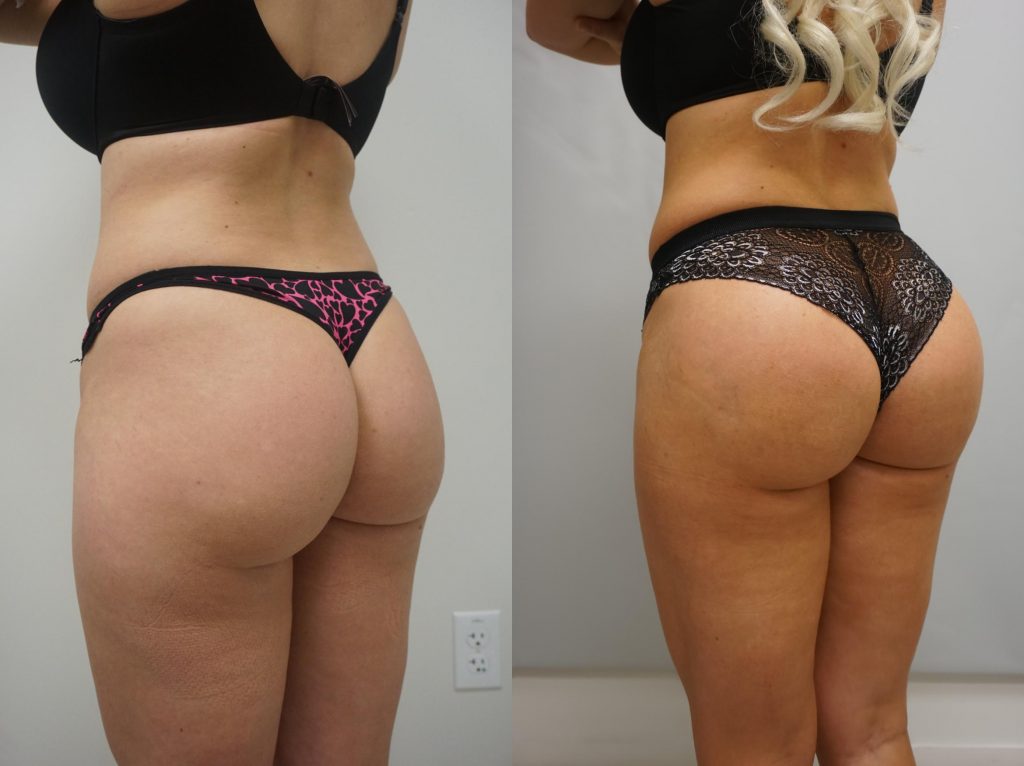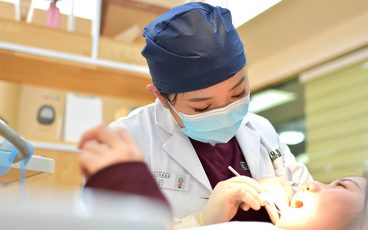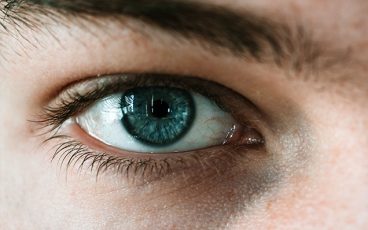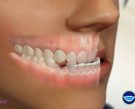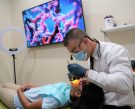
A common sleep problem that interferes with breathing while you sleep is called sleep apnea. There are certain things that might make you more likely to get this illness. In order to better understand what can contribute to the onset of sleep apnea treatment houston tx, this article will review the risk factors linked with it.
Sleep Apnea Risk Factors
Unhealthy Weight
One of the major risk factors for sleep apnea is being fat or overweight. Increased weight can cause fat to build up in the upper airway, increasing the likelihood that the airway will get obstructed as you sleep.
Neck Measurement
A larger neck may increase a person’s chance of developing sleep apnea. A bigger neck may restrict the airway, increasing the risk of breathing problems while you sleep.
Age
While it may affect anybody at any age, sleep apnea treatment houston is more prevalent among older folks. The throat’s muscles tend to weaken with age, increasing the likelihood that the airway will collapse while you’re sleeping.
Gender
Compared to women, men have a higher risk of developing sleep apnea. If a woman is overweight or has a history of sleep apnea in their family, the risk for her increases.
Historical Family
You run a higher chance of getting sleep apnea if you have family members who have the disorder. It’s possible that genetics contribute to the propensity to sleep apnea.
Smoking
Smoking can result in swelling and fluid retention in the upper airway, which can cause sleep apnea. Obstructive and central sleep apnea treatment in houston are both more common in smokers.
Alcoholic Beverages, Sedatives, And Tranquilizers
These medications have the potential to relax the muscles in the throat, resulting in airway obstruction and causing sleep apnea. The danger can be decreased by avoiding or limiting the use of these drugs before night.
Congestion In The Nose
You may be more susceptible to cosmetic dentist houston developing sleep apnea if you have trouble breathing through your nose because of allergies or other nasal issues. Breathing might be more difficult when congested, especially while lying down.
Health Conditions
The risk of sleep apnea can be raised by a number of illnesses, including hormonal imbalances, congestive heart failure, high blood pressure, type 2 diabetes, and high blood pressure.
Ethnicity
Compared to other ethnic groups, people of African, Hispanic, and Pacific Islander heritage have a greater chance of developing sleep apnea. However, people of all racial and ethnic origins can develop sleep apnea.
In Conclusion
Early identification and treatment of sleep apnea depend on understanding the risk factors linked with the condition. If you have any of these risk factors, it’s vital to be aware of possible sleep apnea symptoms and speak with doctors or dentists in houston if you frequently snore, gasp for breath while sleeping, or are overly sleepy during the day. Making lifestyle adjustments can help lower the risk of sleep apnea and promote better sleep and general health. These changes can include keeping a healthy weight, abstaining from drinking and smoking before bed, and managing medical disorders. Keep in mind that improving your sleep hygiene can result in greater quality of life and overall well-being.
0 Comments 608 Views
YOU MAY ALSO LIKE
share
About me

Health And Healthy Tips is Free health blog, If you wish to be part of this blog and want to conribute contents which are interesting for our readers, please contact us.
CATEGORY
- Beauty (19)
- BUSINESS (3)
- Dental Care (187)
- Eye Care (12)
- Fitness (23)
- Healthy Life (179)
- Men's (10)
- Women's (12)

